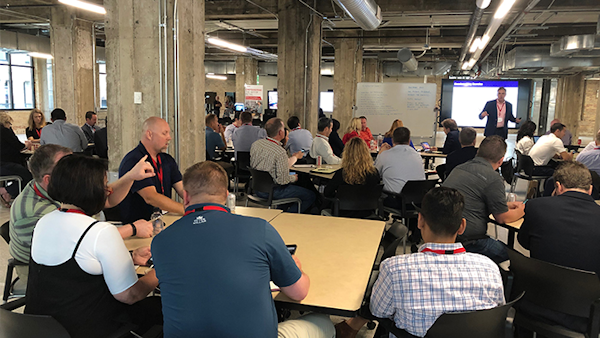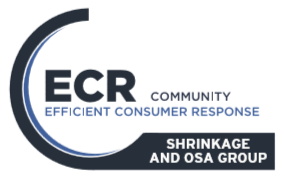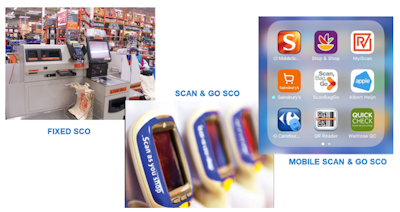|
Click here to view the web version |
|
|
How to measure and manage losses from self-checkout tech
An Industry-First Workshop on
Self-Checkout Loss
By Lisa LaBruno, Executive Vice President, Retail Operations & Innovation,
RILA
At the start of the workshop, retailers participated in a SCO utilization
benchmarking session[1] to understand both the types of technology currently being
employed and the extent to which they are being used by shoppers: The most frequently used form of SCO was fixed
(robots) self-checkout machines (67%) followed by Mobile Scan and Go
(consumer uses their own smart device to scan and pay) at 33%, and then Scan
and Go, where the retailer supplies the scanning device (17%). In terms of usage, for those retailers present,
on average 52% of transactions were being processed through SCO
technologies. Participants estimated that usage was likely to
grow in the next 2-3 years to an average of around 64% of customer shopping
journeys being processed through SCO systems, underlining the considerable
and growing significance of this technology in retailing. Participants then had the opportunity to learn from Toshiba, Zebra
Technologies and Profitect about some of their recent developments in SCO
technologies designed to help manage losses. Finally, to close the first day,
attendees took part in an innovative 'speed dating' event, where pairs of
retailers shared their current work plan priorities to manage SCO-related
losses. This was then followed by a relaxing beer and pizza networking event in
the early evening. The second day was organized around the finding
Closing out the workshop, the participants engaged in a lively debate about the potential future direction of SCO-related research and how RILA could play a role in supporting the industry in their efforts to develop effective strategies to both utilize SCO systems and control the losses associated with them. RILA's EVP of Retail Operations & Innovation Lisa LaBruno closed the event, summarizing that it had "offered a fantastic opportunity for some of the biggest users of SCO technologies in the U.S. to both share their experiences and critically debate the future role and control of self-scan systems in retailing." For more information on the workshop or RILA's asset protection community, contact Executive Vice President, Retail Operations and Innovation Lisa LaBruno. [1] These results should be interpreted with caution - they are simply based upon the views of those retailers who attended the event and so cannot be taken as representing the views of the U.S. retail industry.
|
|
|
|
|
 |







